What Is a Heat Pump & How It Works
A heat pump is a heating (and sometimes cooling) system that doesn’t generate heat by burning fuel, but instead movesheat from one place to another (air, ground, or water) using electricity. The basic cycle involves:
- Evaporation: A refrigerant absorbs heat from an external source (air, ground, or water), even in cold weather.
- Compression: The refrigerant is compressed, increasing its temperature.
- Condensation / heat release: That heat is transferred to your home’s heating system (radiators, underfloor heating or hot water).
- Expansion: The refrigerant expands, cools, and returns to absorb more heat.
One of the key measures of performance is the Coefficient of Performance (CoP) or its seasonal equivalent (SCOP or SPF) — essentially, how many units of heat you get out per unit of electricity you put in. In many UK homes, heat pumps achieve 300-400% efficiency (i.e. CoP ≈ 3-4) under favourable conditions. (Energy Saving Trust)
Types of Heat Pumps
- Air-source heat pumps (ASHP): Extract heat from the outside air. Most common; easiest & generally cheapest to install.
- Ground-source heat pumps (GSHP): Use the ground (via buried pipes or boreholes) as heat source. More stable temperature, potentially higher efficiency, but much greater installation complexity and cost. (Energy Saving Trust)
- Hybrid systems: Combine a heat pump plus a backup gas boiler or similar, switching depending on outside temp etc., to maintain efficiency.
- Air-to-air vs air-to-water: Air-to-water pumps feed radiators or underfloor heating; air-to-air usually for heating/cooling via air handling.
Costs: Upfront & Running
Upfront / Installation Costs
Costs can vary widely depending on:
- Type of pump (air vs ground source)
- Size and heating demand of the property
- Needed upgrades (insulation, radiators, pipework)
- Location, installer, planning/permitting etc.
Some typical numbers for the UK:
| Type | Typical Installation Cost (UK) |
|---|---|
| Air-source heat pump (ASHP) | ~ £11,000-£14,000 (for an average home) (Energy Saving Trust) |
| Ground-source heat pump (GSHP) | ~ £25,000-£30,000, more if borehole drilling is needed. (Energy Saving Trust) |
There are grants / government subsidy schemes in the UK which reduce the cost. For example, the Boiler Upgrade Scheme (BUS) offers up to £7,500 off for eligible installations. (GreenMatch.co.uk)
Also, if your house is poorly insulated, there may be extra costs to make the property suitable (better insulation, possibly larger radiators, a hot water cylinder etc.). (The Renewable Energy Hub)
Running / Operational Costs
Because heat pumps don’t “burn” fuel, their running costs depend on:
- Electricity cost
- Efficiency (CoP / SCOP / SPF)
- Property’s insulation and heat retention
- How much heating (and hot water) is needed
- Outside temperature (colder weather means more electricity needed)
Some example figures for the UK:
- A well-designed ASHP might cost £840-£2,280/year to run in a typical medium-sized home (depending on usage, insulation, electricity cost etc.). (Eco Energy Services)
- Compared to boilers: if you’re replacing oil, LPG or electric heating, the savings can be substantial. If replacing a relatively modern gas boiler, the savings might be smaller and payback longer. (The Renewable Energy Hub)
Benefits & Downsides
Pros
- Efficiency & energy savings: Because of their high CoP, heat pumps often provide more heat per unit of energy than boilers or direct electric heating. (Energy Saving Trust)
- Lower carbon emissions: If the electricity used is from low-carbon sources, the overall CO₂ emissions drop significantly compared to fossil fuel heating. (Eco Energy Services)
- Long lifespan: Heat pumps often last 15-25 years or more, less maintenance for some components than combustion boilers. (The Renewable Energy Hub)
- Future-proofing: As governments push for net zero emissions and phase out fossil fuel heating, installing a heat pump now may protect against future regulatory or carbon tax risks.
- Multiple functions: Some heat pumps can also provide cooling in summer. (The Renewable Energy Hub)
Cons / Challenges
- High initial cost: Especially for ground-source systems or when insulation/radiator upgrades are needed. Upfront payments can be a barrier.
- Suitability of the property: Homes that are poorly insulated, have small radiators, or lack space for outdoor units or ground loops may need extra work, reducing economic benefit. (Energy Saving Trust)
- Performance in very cold weather: ASHPs lose efficiency as external temperature drops; may need backup heating, or oversizing. Ground source less affected but more costly. (The Renewable Energy Hub)
- Electricity price vs gas/fuel: If electricity is expensive (relative to gas or oil), the running cost advantage may be less or non-existent. UK electricity tends to be more expensive per kWh than gas, which weakens savings. (The Renewable Energy Hub)
- Upgrades / disruption required: It may require changes to radiators, pipework, adding a hot water tank, and space outdoors or underground.
Are Heat Pumps Worth It? When They Make Sense — UK Focus
Putting together the above, here are the conditions under which heat pumps are more likely to be worth it in the UK, and when they might be less so.
| Situation | Likely Good Value | Less Likely Good Value |
|---|---|---|
| Replacing oil, LPG or electric heating (especially in rural/off-gas areas) | Replacing a high-efficiency, modern gas boiler (cheap fuel) | |
| Property is well insulated; windows/drafts addressed | Poor insulation; single-glazed windows; heat loss high | |
| Sufficient outdoor or ground space (for GSHP or external units) | Very small gardens, flats without external space | |
| Eligible for grants / subsidies (BUS, ECO schemes etc.) | Not eligible; no access to financial support | |
| Using electricity (particularly if low-carbon / fixed contract) | Very high electricity tariffs; or where fuel costs for gas are very low |
Rough Payback / Break-Even Estimates
- For many UK homes replacing oil or LPG systems, payback (where the energy savings offset the higher upfront cost) can occur in 6-15 years, depending on insulation, usage, grants etc. (The Renewable Energy Hub)
- For more marginal cases (switching from a modern gas boiler, poor insulation), the payback period could be much longer, and the financial savings smaller.
Recent UK Challenges or Caveats
- An FT article points out that even though heat pumps are efficient, high electricity prices and high upfront costs still make them “financially unattractive” in many cases, especially compared to cheap gas boilers. (Financial Times)
- Grants help, but even with £7,500 off, the total initial cost with installation and necessary upgrades often remains significantly higher than a boiler replacement. (Financial Times)
- Planning or local regulation / noise issues / appearance may complicate installations in certain areas.
Bottom Line: Are They Worth It?
Yes — in many cases, heat pumps are worth it, especially if:
- Your heating system is currently inefficient (oil, LPG, or older gas boiler)
- Your home is reasonably well insulated or you are willing to invest in insulation upgrades
- You can take advantage of grants / subsidies
- You plan to stay in your property for long enough to recoup the upfront cost
But they are not a guaranteed win for everyone. If you have a well-insulated modern home with an efficient gas boiler, or if electricity prices are very high and there are no subsidies, then the financial case becomes much less strong, although environmental benefits may still be significant.

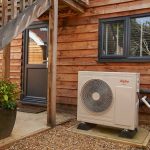
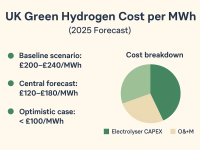
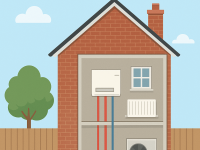

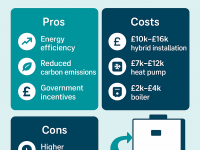
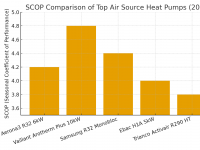
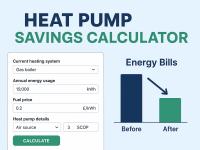
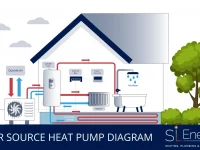
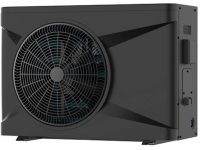

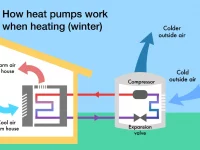
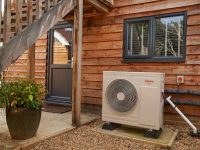

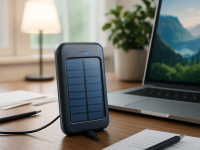
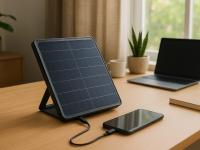

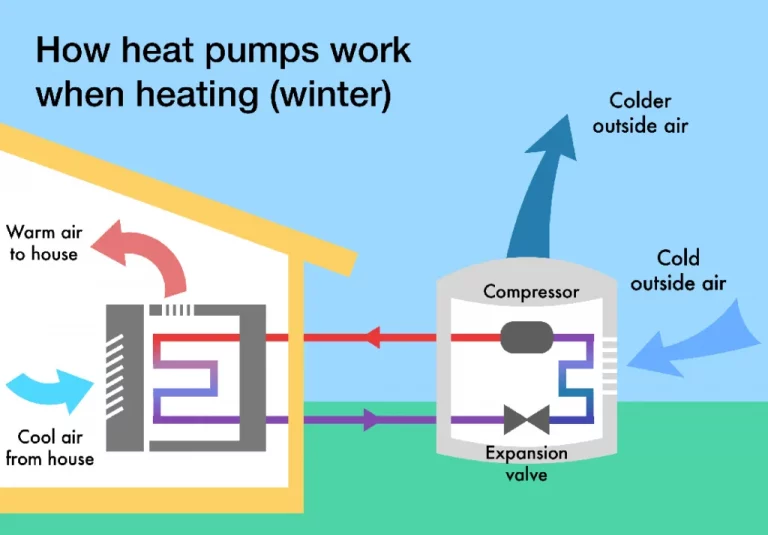
0 Comments